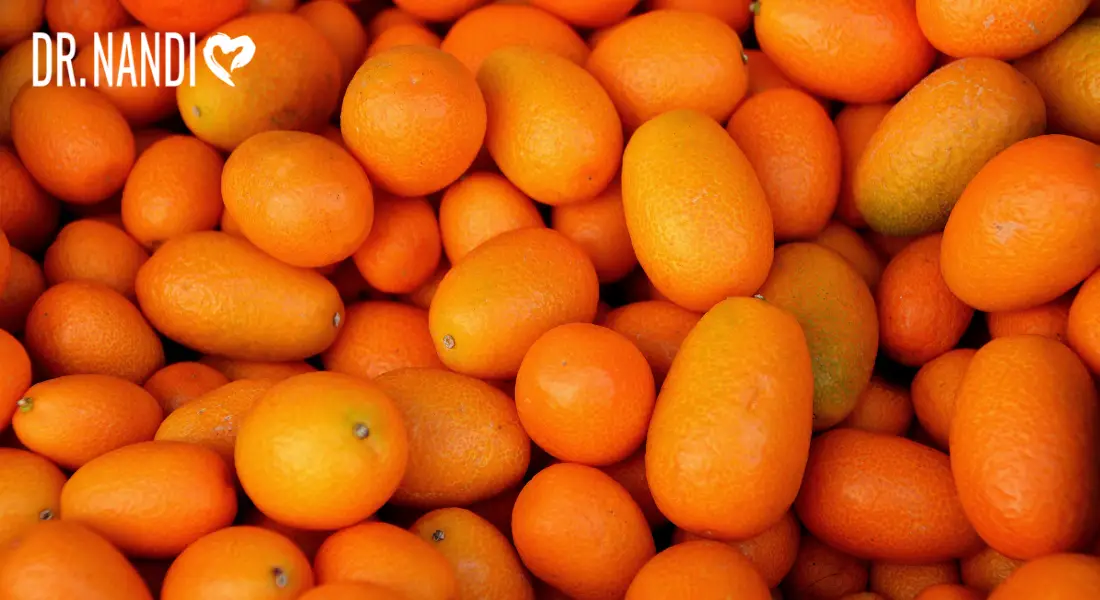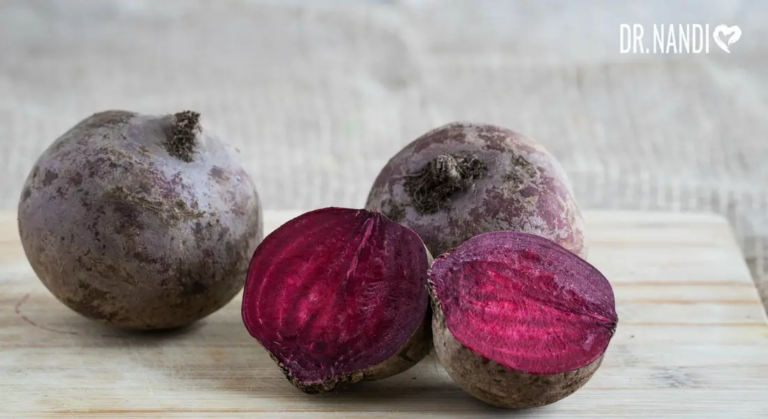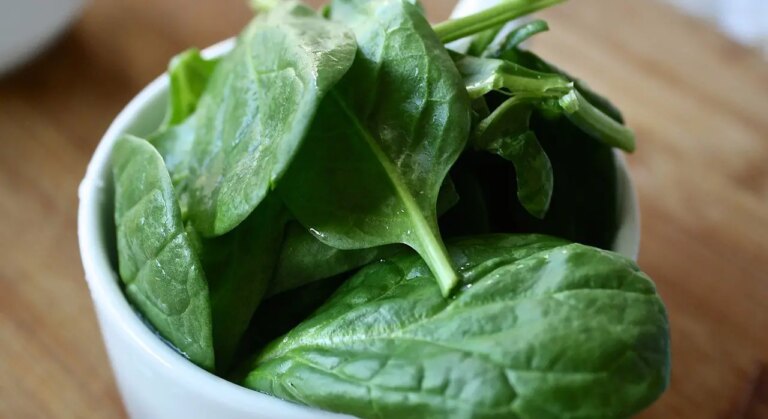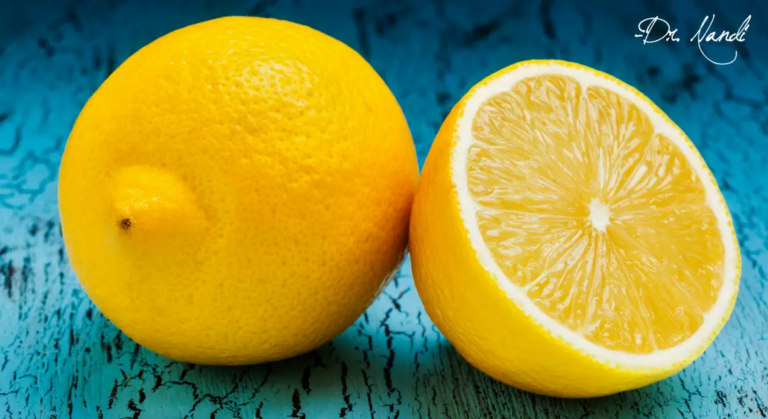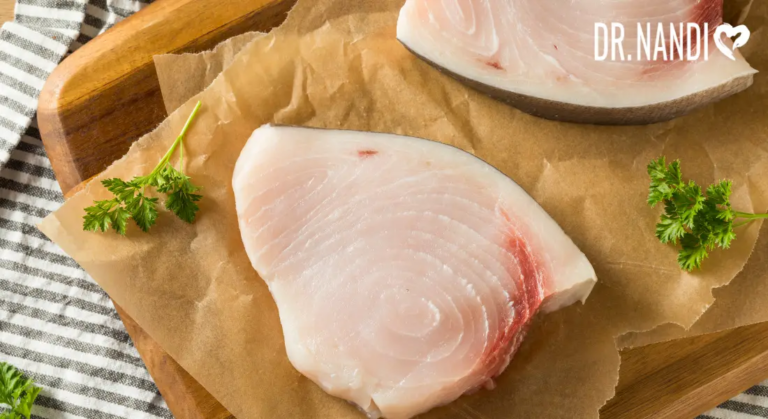This small fruit packs a big burst of sweet and tart citrus flavor. In Chinese, Kumquat means “golden orange.” They were originally grown in China but can now be found in many warmer climates, including Florida and California.
Nutrition Facts of Kumquats
Kumquats are high in dietary fiber and ascorbic acid (vitamin C). Raw kumquats contain 100 grams of fiber and vitamin C. Below are the nutrition facts about Kumquats.
- Energy: 71kcals
- Carbohydrate: 15.9g
- Protein: 1.8g
- Fat: 0.8g
- Fiber: 6.5g
Vitamins and Minerals
- Vitamin A: 15mcg (2% of DV)
- Riboflavin: 0.09mg (8% of DV)
- Choline: 8.4mg (2% of DV)
- Calcium: 62mg (6% of DV)
- Iron: 0.87mg (7% of DV)
- Magnesium: 20mg (6% of DV)
- Manganese: 0.13mg (6% of DV)
- Zinc: 0.17mg (2% of DV)
Four to five kumquats weighing up to 100 grams can be eaten every day. Vitamin C is obtained from them in large quantities, accounting for more than half of their daily needs. Additionally, it contains reasonable amounts of fiber and nutrients.
Amazing Health Benefits of Kumquats
Kumquats are citrus fruits that are becoming increasingly popular. They are small, tart, and very juicy. Kumquats offer amazing health benefits, including:
Kumquats Promote Healthy Digestion
Kumquats are high in fiber which helps keep your gastrointestinal tract moving. The fiber found in kumquats helps to regulate digestion. Research has found that fiber protects against inflammatory bowel disease. A single serving of kumquats has roughly 10 grams of fiber.
Kumquats are Diabetes Fighter
The flavonoid extracts found in kumquats were lower blood lipid levels in research using obese rats. Recent research has found that kumquats are especially good for a winter diet because of their low sugar content, low sodium, and zero cholesterol. Kumquats have 0.1 gram of fat per serving as well. The high amount of dietary fiber is a bonus for type 1 and type 2 diabetes.
Kumquats is an Immunity Booster
Being rich in vitamin C, the kumquat significantly impacts the immune system. Vitamin C is a powerful antioxidant and acts as a co-factor for biosynthetic enzymes. Vitamin C can also stimulate the growth of new cells and boost the immune system to protect the body from infections, fungi, and bacteria. Vitamin C helps to protect us and helps the body heal. A serving of kumquats is a great way to add more vitamin C to your diet.
Kumquats are a Good Blood Pressure Controller
Research has found that the kumquat has excellent potassium to sodium ratio, a bonus for people with high blood pressure. A single serving of kumquats has 186 milligrams of potassium compared to the 10 milligrams of sodium. The potassium in the kumquats can help relax the blood vessels, which helps maintain proper and healthy blood pressure.
Kumquats are a Great Mineral Source
Nutritionists suggest adding kumquats to your diet if they are low in iron, copper, potassium, and other minerals. These minerals are necessary for the optimal functioning of your body. Iron and copper help boost the production of oxygen-carrying red blood cells. These cells ensure the perfect amount of oxygen is delivered to all the body parts. Potassium helps with regular heart rate and blood pressure levels. Adding kumquats to your diet is a tasty way to keep your body healthy and happy.
Kumquats are Rich in Antioxidants
In addition to neutralizing free radicals in the body, antioxidants protect cells from oxidative damage and reduce chronic disease risk.
Antioxidants play an essential role in health. Some research suggests that free radicals might be involved in developing diseases like rheumatoid arthritis, heart disease, and autoimmune disease. Kumquats are rich in antioxidants, which can help improve your health.
Kumquats are also one of the few citrus fruits that may be consumed with peel, which has a greater antioxidant concentration than the pulp. One or two servings per day can aid disease prevention and general health.
Kumquats Can Boosts Energy
Carbohydrates are necessary to restore our energy reserves quickly, and kumquats have a lot of carbohydrates. This burst of energy can be found in kumquats while providing us with all the other benefits! The high amount of riboflavin, a vitamin involved in energy production, makes this process easier still.
Kumquats Promote Weight Loss
Kumquats are high in fiber, water, and carbohydrates and low in calories. As a result, they’re great food for weight loss. They will fill you up while keeping you healthy, decreasing your appetite for extra nutrition. It’s a straightforward approach to curb hunger by incorporating kumquat into your diet.
Replace high-calorie snacks with a kumquat serving to boost fiber and help the pounds slide off.
Kumquats are Good for the Skin
Kumquats’ antioxidants and vitamins protect the skin from sun damage and undesirable free radicals, which contribute to wrinkles, age spots, and rough, damaged skin. Like other citrus fruits, Kumquats can impact your skin’s appearance and feel.
Kumquats May Reduced Risk of Cancer
The high antioxidant content of citrus fruits like kumquats makes them cancer-protective. Citrus fruits, such as kumquats, oranges, lemons, and limes, are frequently recommended as excellent cancer fighters that you may include in your diet.
According to research in Korea, citrus fruit consumption was linked to a 10% reduced risk of breast cancer. Other studies have also shown similar findings, suggesting that citrus intake is related to a decreased risk of pancreatic, esophageal, and stomach malignancy. Kumquats May Help Combat Obesity.
Kumquats May Support Hair Growth
This unusual fruit, which is high in Vitamin C, may benefit your hair. It promotes the health of your scalp and improves the general structure of your hair follicle.
The fruit’s vitamin C content helps prevent hair loss and improve the overall look of your locks. Kumquats also have the advantage of being a strong dandruff deterrent because they decrease sebum production and limit fungus growth on the scalp, preventing dandruff from developing.
Kumquats Have Anti-Aging Properties
Antioxidants are critical to reducing the damage caused by stress and free radicals on our skin. Free radicals may have a detrimental impact on your epidermal cells and disrupt your skin’s health. Wrinkles, fine lines, and blemishes can all be prevented with an antioxidant intake that is sufficient in quantity.
Kumquats Improves Bone Density
The bones in your skeleton are your entire structure. Your bones are made of living cells that replicate and divide, and they require a lot of calcium (although this is well-known), but less recognized is that kumquats are a great source of calcium that can help strengthen your bones and improves bone density. It will prevent your bones from becoming brittle and may help reduce the risk of fractures.
Side Effects of Kumquat
Since kumquats are high in sugar, it’s best to consume them in moderation. Overeating kumquat can lead to weight gain and cavities.
Kumquats are also high in acid, which can upset your stomach if you eat too many of them. A sensitive stomach should avoid kumquats or consume them in small amounts.
Frequently Asked Questions
Can pregnant women eat kumquats?
Yes, kumquat’s skin is considered the most healthy part of the fruit. The added vitamin C is excellent for the growing fetus and the pregnant mother.
How many varieties of kumquats are there?
There are two primary varieties of kumquats: Marumi and Nagami. Marumi is round, gold yellow, sweeter and juicier than Nagami, and not as expected. Nagami look like an olive-sized oval orange and are much more common.
Do kumquats fruits have side effects?
Some Naturopathic doctors suggest that women battling breast cancer should avoid kumquats.
When are kumquats in season?
They are in season from November to March.
How do you store kumquats fruit?
Kumquats will keep at room temperature for up to three days, and they can last up to two weeks in the refrigerator.
References:
- Chemical constituents and antioxidant activity of essential oil and organic extract from the peel and kernel parts of Citrus japonica Thunb. (kumquat) from Iran – PubMed (nih.gov)
- Phenolic content, antioxidant activity and effective compounds of kumquat extracted by different solvents – PubMed (nih.gov)
- Phenolic compounds and biological activities of small-size citrus: Kumquat and calamondin – PubMed (nih.gov)
- Traditional Small-Size Citrus from Taiwan: Essential Oils, Bioactive Compounds and Antioxidant Capacity – PubMed (nih.gov)
- Polyphenolic composition and antioxidant characteristics of kumquat (Fortunella margarita) peel fractions – PubMed (nih.gov)
- The antioxidant and antigenotoxic properties of citrus phenolics limonene and naringin – PubMed (nih.gov)
- Effect of kumquat (Fortunella crassifolia) pericarp on natural killer cell activity in vitro and in vivo – PubMed (nih.gov)
- Effects of Fortunella margarita fruit extract on metabolic disorders in high-fat diet-induced obese C57BL/6 mice – PubMed (nih.gov)
- Tumor immunotherapy: New aspects of natural killer cells – PubMed (nih.gov)
- Dietary carotenoids and risk of lung cancer in a pooled analysis of seven cohort studies – PubMed (nih.gov)



